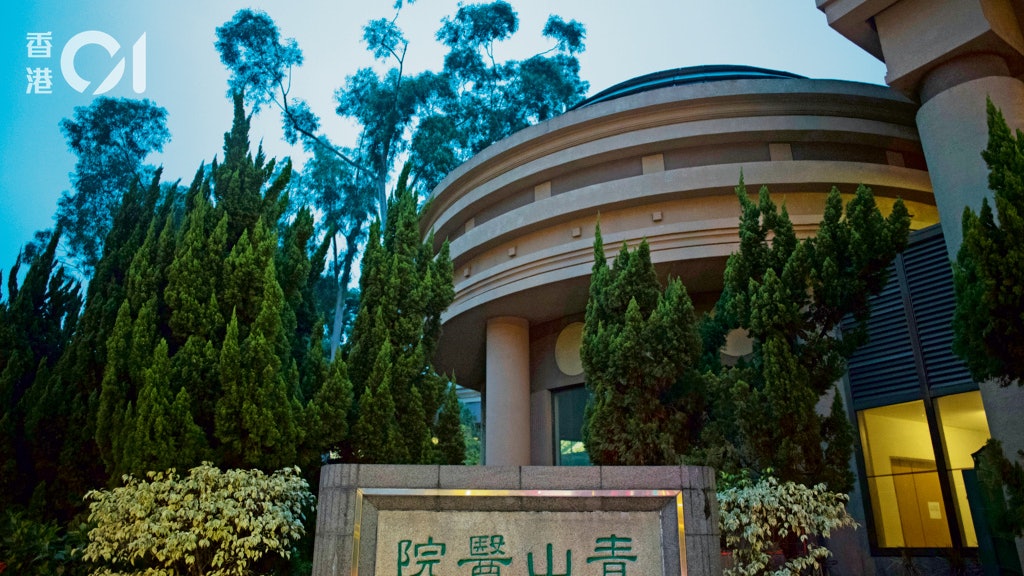"Are you afraid of me?" a recovering person asked me during a group activity.
"Of course not. After all, I'm a recovering person myself. I'm not afraid of you. Don't worry too much..." I replied confidently.
That was my first day as a peer worker and my first involvement leading a group.
As a ex-mentally ill person, I used to worry that people would be afraid of me, and it bothered me a lot.
It turned out that this kind of thinking also appeared in other recovering people.
Written by: Xiao Yufei, Peer Worker, Community Psychiatry, School of Mental Health, Castle Peak Hospital
Because of this, I hope to become a peer worker, so that I can share my recovery journey with patients and the public, so as to encourage each other, eliminate discrimination in society, and achieve inclusion.
However, as a timid person, I was worried that I would be "viewed differently" by others after sharing my recovery experience.
Although I passed the written test with great difficulty, I was still hesitant before the interview, so I had to ask my family: “Dad, can I become a peer worker? Neighbors might see me differently."
“You should be proud to be a peer worker, to help other patients understand the recovery process and increase public awareness of mental health. This is a great opportunity to help others help themselves and help others.” Dad’s answer woke me up.
The healing process of each individual is important and cannot be replaced.
By sharing their own recovery process, peer workers can rekindle hope for patients and let them understand that as long as they cooperate with medical staff, they can embark on the road to recovery, regain health, confidence, family relationships and work, and contribute to their families and society. contribute!
At the same time, by sharing mental health information with the public, I can change people's established negative impressions of those who have recovered, and let everyone understand that mental illness is not terrible. As long as drugs and psychotherapy are used, patients can gradually recover.
Many medical studies have also pointed out that because peer workers have similar experiences with patients, in addition to promoting the progress of patients' recovery, they can also improve patients' hope for recovery, and even reduce the chances of patients needing to be re-admitted to hospital for treatment.
As my father said, "peers" is indeed a job of helping others to help themselves!
Finally, I made up my mind and walked into the interview room while listening to my "thumping" heartbeat.
The interviewer smiled and talked with me eagerly, and expressed his great importance and appreciation for my efforts in recovery.
Before the interview ended, they asked me: "If you need to be interviewed by the media because of work, would you accept it?" This time I did not hesitate, smiled and answered with confidence: "Yes, no problem!"
Accepting interviews is not an easy task for ordinary people, let alone "showing" one's illness to the public?
It takes tremendous courage to stand up, but my sense of purpose drives me to overcome my fear, because I know the nature and significance of this job, and everything is very worthwhile!
After becoming a peer worker, I received several interviews and shared my recovery experience on different occasions. The responses were also very positive. Reporters and participants all said that my sharing made them understand patients’ feelings better and gave them unlimited support.
I firmly believe that as long as appropriate treatment is given, more communication is made with medical staff, and concerted efforts are made, patients can embark on the road to recovery.
I hope the public can also try to accept the recovered people and support the work of peer workers.
Even a simple smile, or a caring look, is a great encouragement to us!
"Hong Kong 01" "01 Clinic" cooperates with the School of Mental Health of Castle Peak Hospital, and publishes a column written by medical staff every other Tuesday.
"Cheng" means to let the water stand still, let the matter in the water settle, and then become clear.
I wish you to savor every little story quietly, see the details, understand your own and other people's hearts, and see things and emotions more clearly.
See clearly and know how to cherish. I hope this column can soothe your emotional turmoil and enjoy the peace and happiness of the years.
I hope you will share this experience with the people you care about, so that you can have another partner on the road to a better life.
Story details have been redacted to protect patient privacy.
Lost in the confusion of the epidemic, how to find the direction of the way forward, single mothers, parenting, pressure, multi-professional cooperation, out of misfortune

